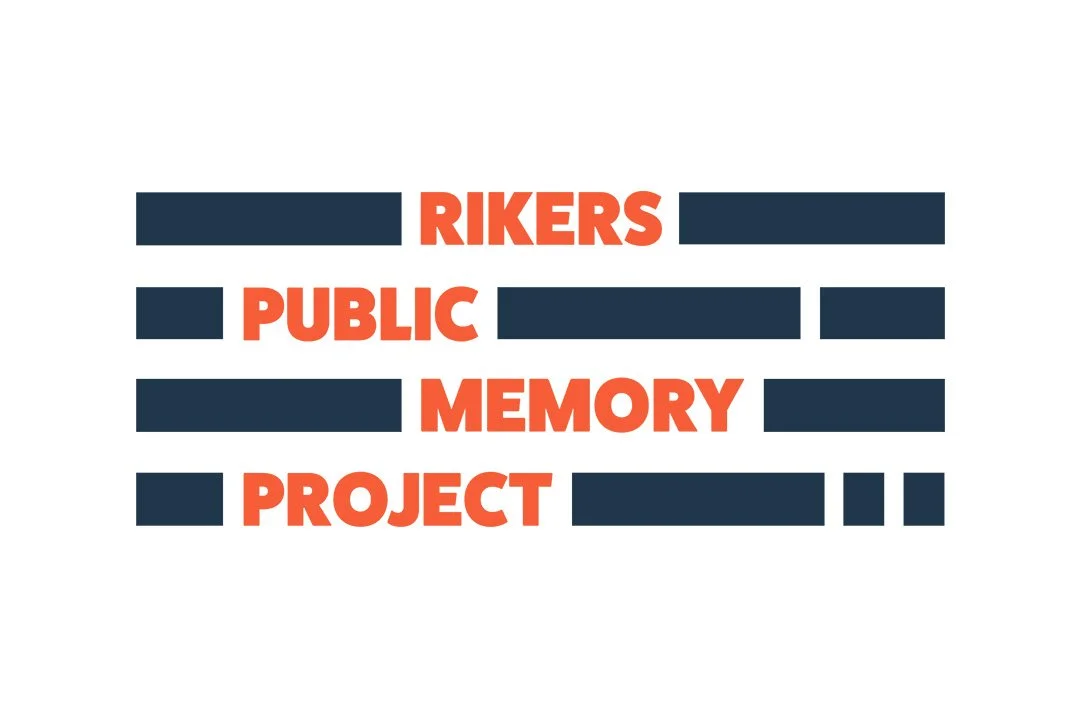CAMPAIGN LEADERS
AKYLA TOMLINSON
"Not many people survive Rikers. And the people closest to me, were fortunate enough to survive Rikers – physically they survived, but mentally and everything else, they didn't survive."
Akyla first got involved in the movement to Close Rikers when her brother was detained there pre-trial, years after her father was also incarcerated there. She is also an advocate for civic engagement and is pursuing a legal career.
MEDIA APPEARANCES
Q+A
1.) How are you connected to this movement?
I started with this movement back in, I want to say, 2017. My brother ended up getting incarcerated on Rikers Island, and I had previously known a few other people that had been incarcerated. And so I just made it a mission for myself to take this on, to say, “This is unjust. This is unfair. Regardless of what he was allegedly accused of, no one should be living under these terrible, toxic conditions.” And so I found the Close Rikers campaign, which gives people who are directly impacted a platform to advocate for the closing of Rikers, and I very much identified with the people all over the campaign. I ended up joining them, and have been with them ever since.
2.) Why should Rikers close?
It's the last penal colony in the United States, and it's a very toxic environment. Not many people survive Rikers. And the people closest to me, were fortunate enough to survive Rikers – physically they survived, but mentally and everything else, they didn't survive. People are cramped in these small cells, they're kind of stacked next to each other in these small cramped spaces, kind of like sardines packed in a can. And there's feces everywhere, there's pee everywhere. And it's literally the environment where all humanity is lost. People should not be living under those conditions. They have a right to live in a place that affords them a comfortable living environment, and a safe living environment. And that's not what Rikers is.
I saw firsthand how it can affect people. Because when my brother came home, he couldn't leave Rikers behind. And so when he came home, our family structure was completely destroyed. And he ended up back on Rikers. And the last time he was incarcerated, he spent over 600 days there, and some of those days spent in solitary confinement. And it just it very much impacted the way that he is as a person.
3.) What is your vision for a more just and equitable post-Rikers New York City?
First and foremost, for Rikers to close. That is absolutely what I want to see, and the timeline that we proposed it to be closed in.
I want to see mass decarceration, not just on a New York scale, but on a national scale.
I want to see borough-based facilities built in place of Rikers that will provide the services that people need, whether that's mental health services, legal services, or medical services, because we see now, that is very limited.
I want to see more money allocated to resources that will help people instead of allocating money to resources that will help NYPD incarcerate people.
I want to see more criminal justice reform pass.
I would like to see solitary confinement completely eliminated.
I would like to see other legislative reforms passed like elder parole, fair and timely parole, and anything else that needs to pass in order to get us to a point of mass decarceration.
I want to see society stop criminalizing things that people can't control. Because society criminalizes people for being impoverished, for being black or being brown, for lacking formal education, for their sexual orientation, for their age. I want to see it stop criminalizing people for things like that.
And I want to see underserved communities get invested in. We need stable housing. We need mental resources. We need violence prevention programs. We need youth programs. We need all these things in place in order to prevent mass incarceration on such a large scale. We need things that support justice-involved individuals by providing alternatives to incarceration. I would love to see more programs like that. And I also want to see better services to help people when they get out of jail, so the chances of them going back to jail are not high. That's what I think a more just New York looks like.





